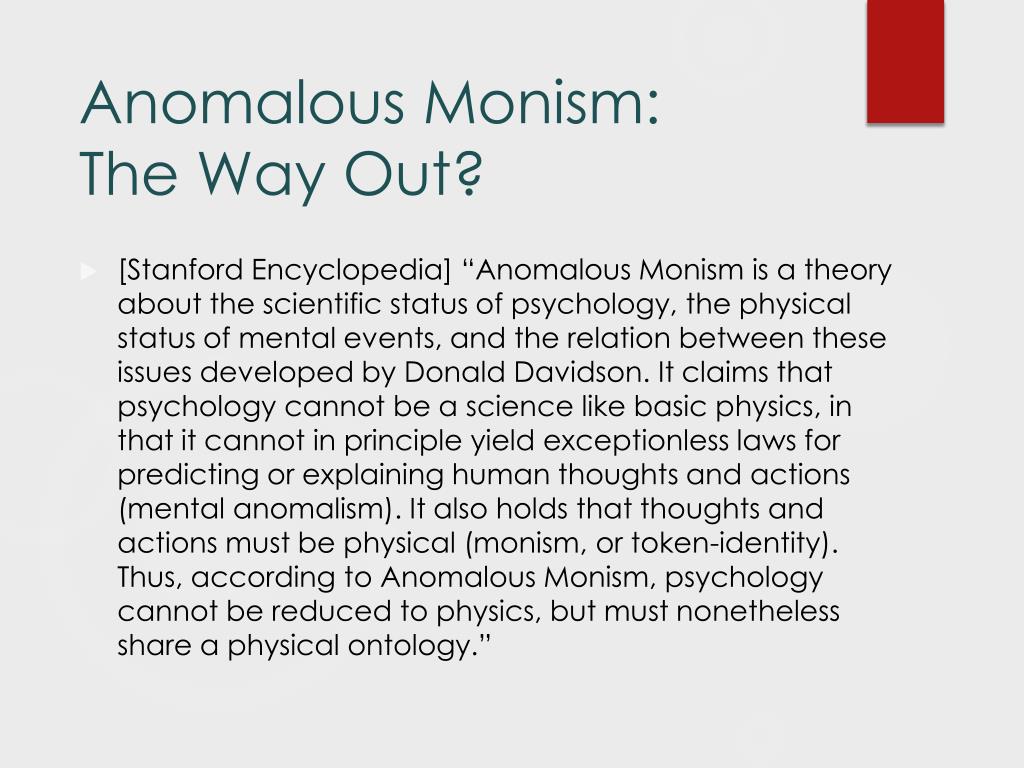Nietzsche has been held up as the arch-philosopher of an aristocratic politics. Nietzsche claimed a lineage with Plato and his theory of an authoritarian state. Donovan Miyasaki disagrees, arguing Nietzsche fails to follow the platonic model. Nietzsche and Plato both placed their ideas of the state as reflections on the souls of individuals. Nietzsche’s’ theory of a state is based on the idea of a manifold soul, leading to a society which cultivates harmony and freedom. I’d like to contrast Plato’s picture of the self or soul to Nietzsche’s account of what he calls a “manifold” soul. While Plato’s moral ideal is a rigidly hierarchical soul subordinated to reason, Nietzsche’s manifold soul is a dynamic balance of powers, a contentious unity of diverse personas. And although Plato’s just soul serves as the model of his authoritarian, aristocratic politics, Nietzsche’s manifold soul is deeply incompatible with his aristocratic politics. This provides us, very much agai…
Read the full article which is published on IAI TV (external link)






